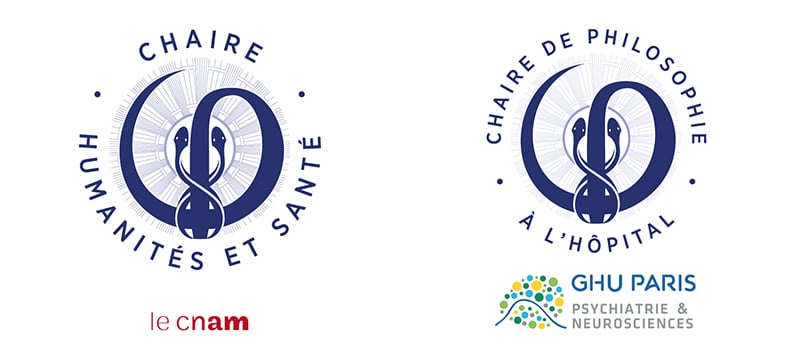Because the questions raised by hospital – arising in hospitals – touch on many different philosophical problems, philosophy must not only ask them, but must also come to the hospital to pose them and share them. Questions about life and death, questions about care, but also institutional questions, and more broadly political questions concerning the city and even the world. The hospital is not just a setting for life and sometimes death, or for treatment as a singular relationship. Like so many other spaces in public services and the private world, it is also subject to organisational efficiency procedures that produce – as a corollary to expected performance – significant dysfunctions in terms of burnout and the reification of carers and patients. For better or for worse. We must therefore consider these issues. For the better and against the worse. And for everyone in the hospital, patients and carers, relatives and caregivers, subjects and citizens. This is the aim of this introductory course, using the concepts and texts that will help you to navigate these questions. By entering the hospital, philosophy reminds us of the need to think about care in a holistic way, and that the very first hospital feature – before any more technical service – is the intersubjective and interrelational quality that is created between the many people who experience its very particular space/time. Care is a constitutive aspect of the subject and of the City. In this second year, we will continue to explore the interdependence of the three themes, and how they form, depending on how they are arranged, capacity loops, or conversely, weakening or alienation loops, for the subject, the institution or the community
